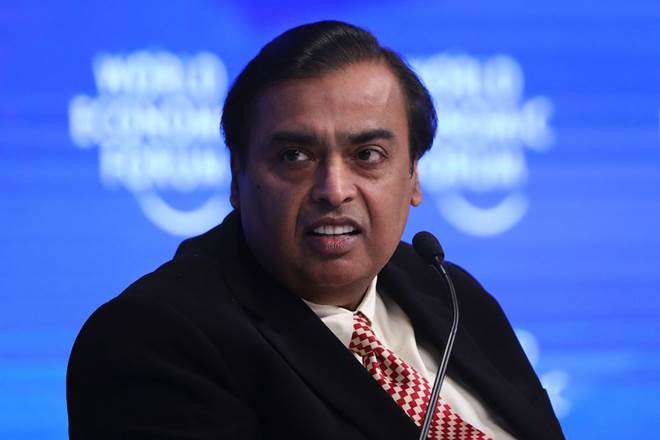Reliance Industries Ltd, among the world’s five largest producers of a key chemical that goes into making polyester yarns, could lose hundreds of crores of rupees in income on this business after a cut in import duties proposed in Budget 2020. Mukesh Ambani’s RIL may see its profit slashed by as much as Rs 400 crore in the next financial year 2020-21, as customers can now buy PTA (Purified Terephthalic Acid) from other sources now that the anti-dumping duty is scrapped.
“The abolition of anti dumping duty on imports of PTA from select countries is likely to impact profits of Reliance Industries Ltd marginally. On a FY21E PBT of Rs 71,000 crore, it will result in realisation and profits falling by about Rs 400 crore,” Deepak Jasani – Head, Retail Research, HDFC Securities, told Financial Express Online. A spokesperson from RIL refused to comment on the queries shared by Financial Express Online.
Too big a loss for RIL? Not really
The expected fall of Rs 400 crore in profits is not likely to translate into a massive loss for Reliance Industries Ltd. It’s “at best a less than 1% impact on its expected PBT”, Deepak Jasani said. Further, while the move may force RIL to cut PTA prices in the domestic market, it may also prompt the Mukesh Ambani-firm to use more of the produce itself, rather than selling it in the market for cheap, Deepak Jasani said. “The company may look to set up more facilities to make value-added products from its PTA and consume more captively,” he added.
RIL manufactures about 4.4 million tonnes of PTA which is about 70% of India’s total annual demand of 6.2 million tonnes. RIL uses 60% of its PTA produce captively to make value-added products. Reliance also has India’s largest volume share in the domestic market for PTA, according to the company’s website. “RIL PTA continues to be the raw material of choice among polyester manufacturers across India. RIL is the only Indian company to service domestic customers using all three mediums i.e. tankers, 1.1 MT bags and 50 Kg bags,” RIL’s website says.
Small loss for RIL; big gain for many
Purified Terephthalic Acid (PTA) makes 70-80% of the polyester products, and is a crucial raw material for the polyester industry. The abolishing of duty is expected to bring massive relief to the domestic manufacturers of polyester items. “The removal of anti-dumping duty on PTA will have a positive impact on consuming companies ranging from polyester filament yarn makers, right up to garment companies,” Deepak Jasani told Financial Express Online, however, adding that garments may still not get any cheaper.
In her second Union Budget speech, Finance Minister Nirmala Sitharaman said: “That particular product (PTA) is a raw material for many of the industries. There has been persistent demand that they should be allowed to source that particular product at an affordable rate, even if it means importing it.” The textile industry has fought for several years to get the duty removed. Owing to this duty, importers were coughing up extra $27-$160 for every 1,000 kg of PTA. PTA is imported in India via various countries including China, Taiwan, Malaysia, Indonesia, Iran, and Korea.
The abolition of PTA duty will allow manufacturers to source the chemical from international markets, and the same may make it cheaper by as much as $30 per 1,000 kg, The Indian Express reported citing industry executives. Polyester is a staple in production of numerous daily use items such as sportswear, swimsuits, dresses, trousers, curtains, sofa covers, car seat covers etc. The man-made fabric is gaining more popularity, with global demand for polyester expected to grow at about 6% over the next five years.

